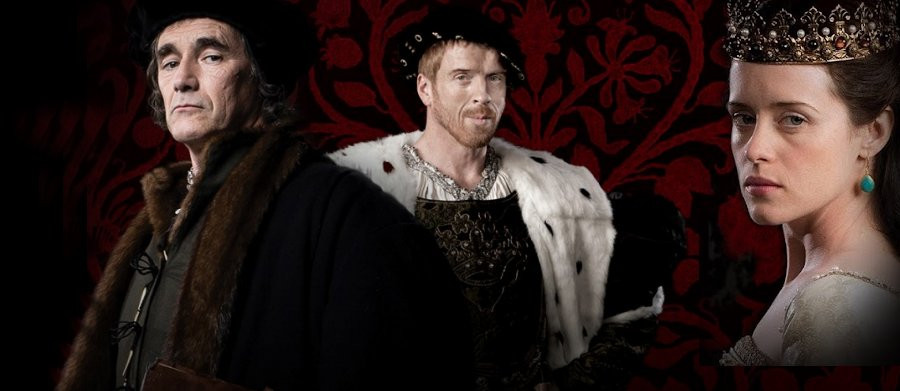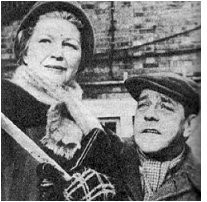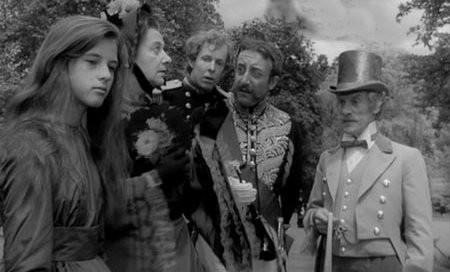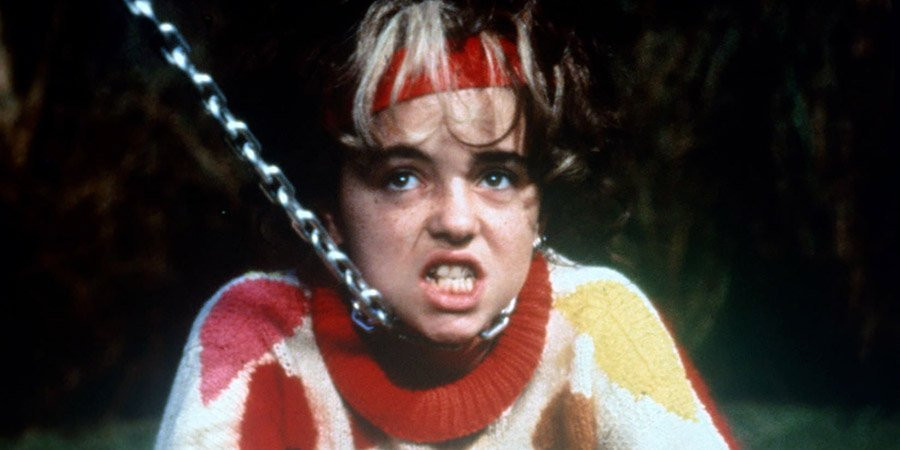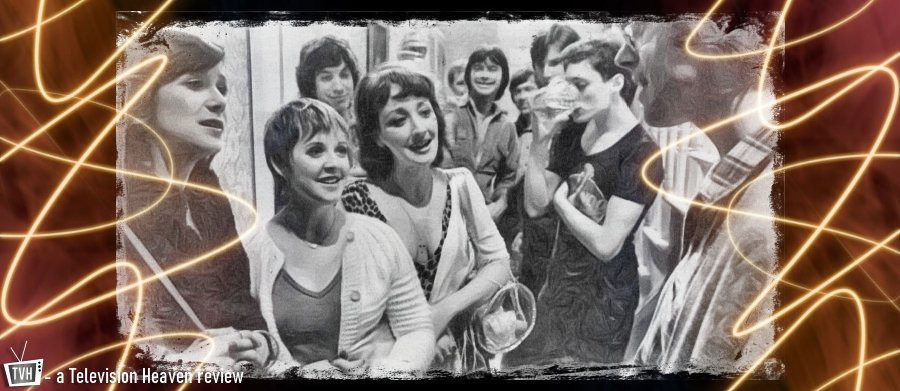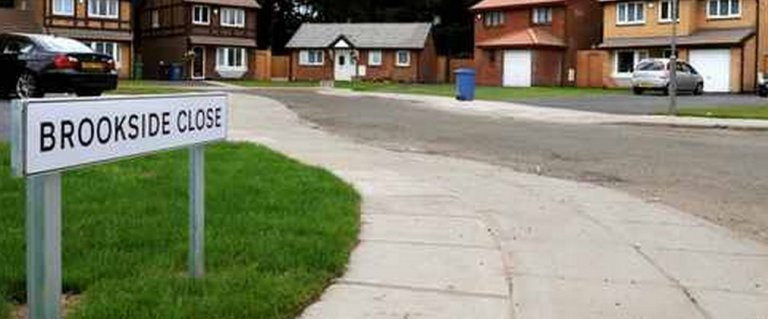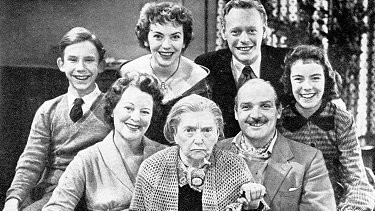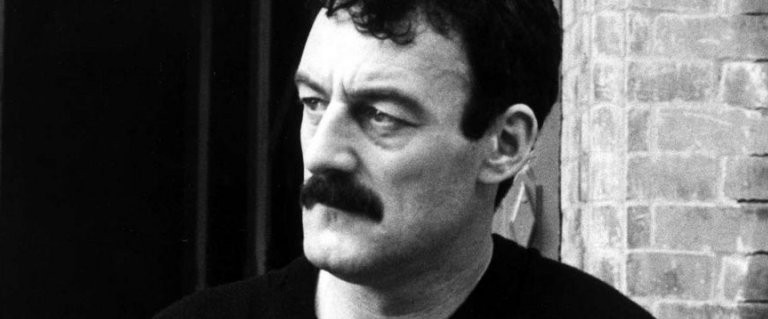
Boys from the Blackstuff
1982 - United KingdomBeginning life in January 1980 as a single drama entitled The Black Stuff, writer Alan Bleasedale's hard hitting black comedy, set against the harsh backdrop of struggle and hopelessly bleak unemployment in the Liverpool of Thatcher's Britain, chronicled the lives of a group of tarmac layers as they sought to find work, whilst suffering the despair and indignity of life on the scrapheap.

Encouraged by the enthusiastic audience and critical reception to the stand-alone play, the BBC approached former English teacher Bleasedale with a request to expand upon the original by creating a linked series of plays focusing on each of the central characters in turn. Bleasedale agreed, and upon the completion of the six scripts, BBC executives were so impressed that they ordered the first to be reworked into a one-off drama entitled The Muscle Market, whilst the remaining five were melded into a cohesive whole to form the series proper. Screened over the period of 10 October to 7 November 1982, Boys from the Blackstuff had an immediate and startling impact, thanks to the sheer heartfelt emotional power of Bleasedale's uncompromising writing and an extraordinarily gifted ensemble cast, which embraced and embodied the twin underpinnings of human misery and harshly critical social comment with such authenticity and depth of conviction, that the demoralising events they endured over the course of the series took on a near documentary air of grim realism.

Nowhere is this better illustrated than in Bernard Hill's breath-taking and totally convincing BAFTA winning depiction of the tragic decline of Yosser Hughes, who after being systematically stripped of job, pride and ultimately, his family, is reduced to a shattered shell of the proud and self-confident man he had once been. (Mancunian Hill had originally come to fame on the West End stage in playing another, real life, iconic Liverpudlian, John Lennon, in the 1976 award winning musical 'John, Paul, George, Ringo...and Bert', which was written by Liverpool playwright Willy Russell). The plight of the Yosser character, which all too painfully mirrored the real-life distress of millions of the nations unemployed, was summed up in the hauntingly simple catch phrase, which would almost immediately find a lasting place within the vocabulary of the national consciousness. "Gizza job..I can do that."
Although the series is best remembered for Hill's character there was a moving performance from Michael Angelis as Chrissy Todd, a man reduced to looking down the back of the sofa for money, whilst being constantly nagged by his wife (Julie Walters), until finally, at the end of his tether he cracked up and slaughtered his pet geese. Like Cathy Come Home before it, Boys from the Blackstuff had an impact on British society at large, which illustrated once again the genuine power possessed by the best television drama to extend far beyond the borders of pure entertainment and influence the thinking of an entire nation in an area which until then had belonged almost solely to the political arena.

Aware, uncompromising, harsh but leavened by a constantly pleasing undercurrent of genuinely authentic Liverpool wit and humour, Boys from the Blackstuff painted an uncomfortable but nevertheless warranted portrait of a city and a country teetering precariously on the brink of social and economic disaster, where the only real victims were those who were prevented by circumstances beyond their control from leading their accustomed fulfilling and productive lives. The city of Liverpool and its people were never so faithfully represented by television drama as they were in this series. Sadly, up to and including the present day, they never have been again.
Seen this show? How do you rate it?
Seen this show? How do you rate it?
Published on November 30th, 2018. Peter Henshuls (2000).



